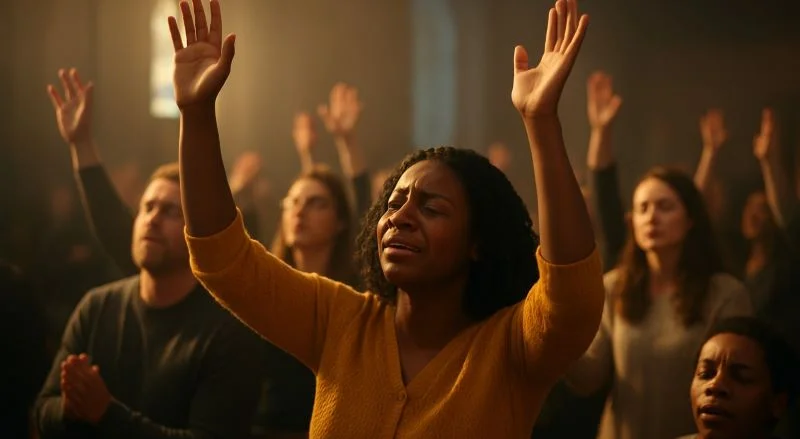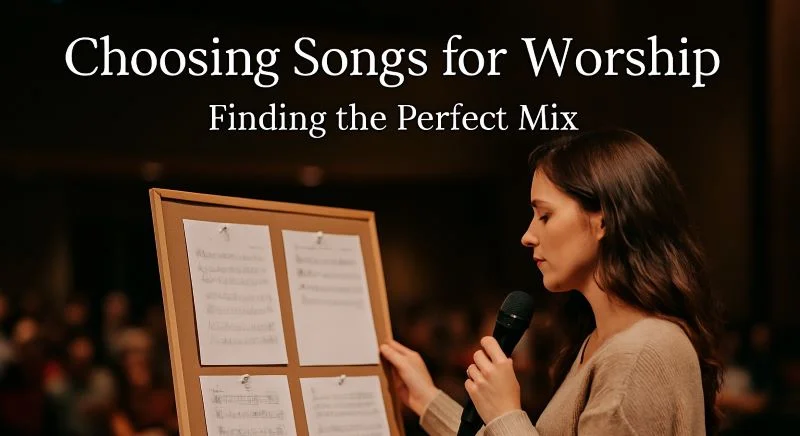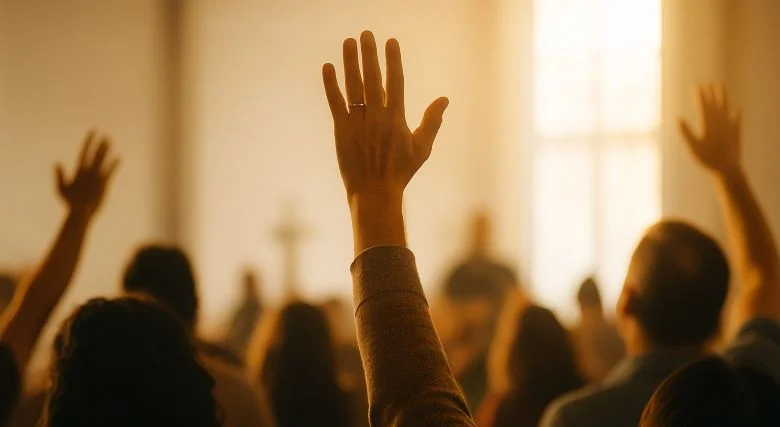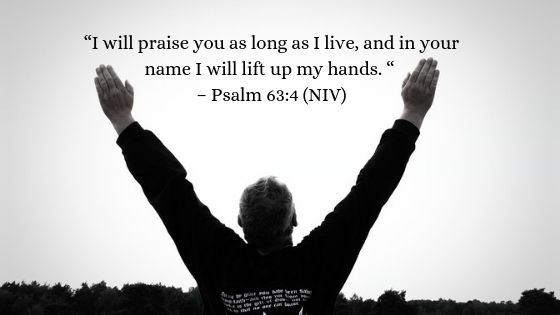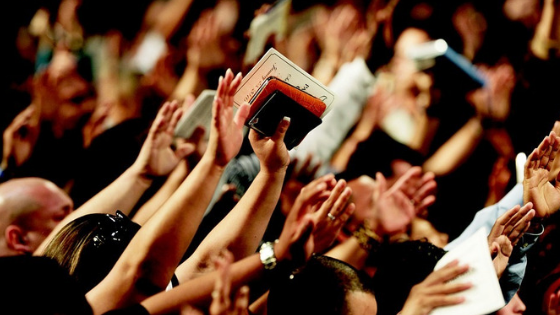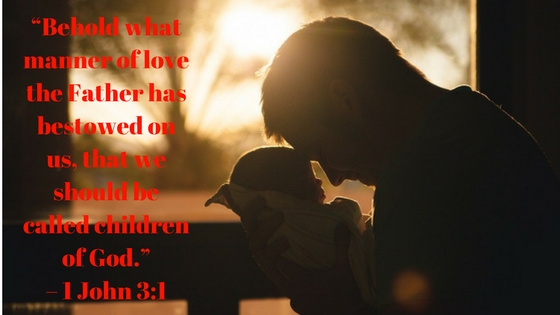Incorporating Scripture Into Your Worship: When “Come On, Church” Isn’t Enough
If you’ve been in a worship service for any length of time, you’ve probably heard it:“Come on, church! Lift your hands! Sing it out!” I’ve noticed this often, especially during transitions between songs. When I was based in the Middle East, several worship leaders I served with used those same lines. My first instinct was … Read more


